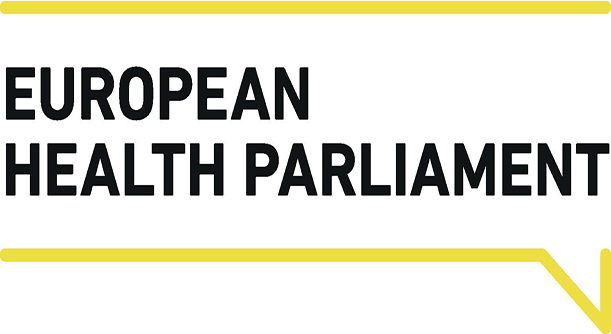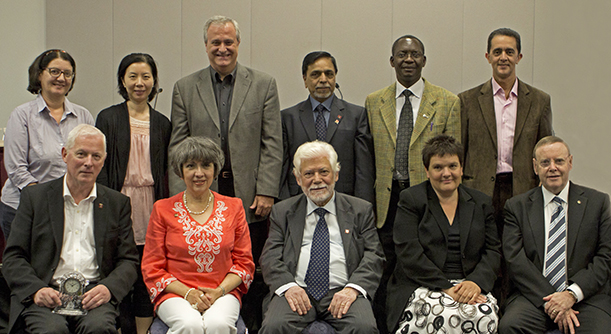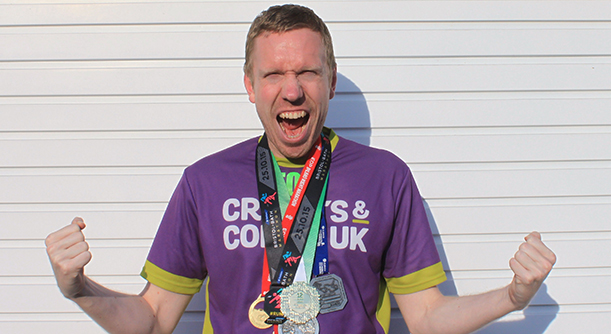Chronic diseases are responsible for 86% of all deaths in the EU. Only 3% of health budgets are devoted on prevention activities. Time for a change, calls the European Health Parliament.
It is no news that more action is required to tackle the issues associated with changing lifestyles, an ageing population and increasing rates of chronic disease. The related economic burden of chronic diseases is pressuring health systems around the world towards more efficient and more productive healthcare delivery.
The European Health Parliament’s Prevention and Self-Care Committee has taken on the challenge to address the above issues, by integrating self-care and preventive measures into multi-stakeholder solutions, incorporating the wider community.
Increasing efforts already exist to drive reductions in preventable chronic diseases. However, there is still a major fundamental barrier that urgently needs to be addressed in order to ensure that these solutions are sustainable in the long-term – the allocation of appropriate funding.
The European Health Parliament’s Prevention and Self-Care Committee seeks to tackle this important barrier; for which the solution is not simply an increase in funding, but a sustainable solution, with tangible benefits both for the investor and for the patient.
The 12 young professionals composing the Prevention and Self-Care Committee of the EHP worked on a series of recommendations bringing innovative ideas to the table, at the EU, Member-States and community level.
EU level
- Creation of EU-wide standards for performance of healthcare systems, with focus on patient and societal outcomes
- New Joint Action on Self-Care and Prevention
- Setting up an Interest Group on Self-Care and Prevention within the European Parliament
- Slovakian and Maltese EU Presidencies to include recommendations around self-care and prevention in their upcoming priorities
Member States level
- Break down the silos and ensure a ‘Prevention in All Policies’ approach
- Increase budgets allocated to public health and prevention
- Implement incentives for employers to promote self-care and prevention policies in the work place
- Incentivise population to make positive choices and promote healthy habits
Community level
- Creation of an investment fund for the implementation of self-care and prevention policies
- Public-private partnerships to explore the scaling up of successful pilots on self-care and prevention
- Patient organisations and healthcare professionals to raise awareness of the role played by self-care in the prevention of lifestyle related diseases.
- Healthcare professionals to embrace and advocate for self-care
The current burden imposed by chronic diseases on European healthcare systems is unbearable. There is still time to change the tide, however Europe must quickly transition from a reactive system of acute healthcare and curing of already established diseases, to being proactive in preventing such illnesses. Self-care, in the form of preventive measures, will play a fundamental role in this change.
The European Health Parliament is a platform of 55 young professionals from across Europe, who are working together over 6 months, with the aim of changing the future of healthcare in Europe. The European Health Parliament is an initiative founded by 5 external partners, Politico, Google, College of Europe, EU40 and Johnson&Johnson. More info at www.healthparliament.eu.
Contact person: Laurent Louette, Communications Officer, laurent.louette@eu-patient.eu


